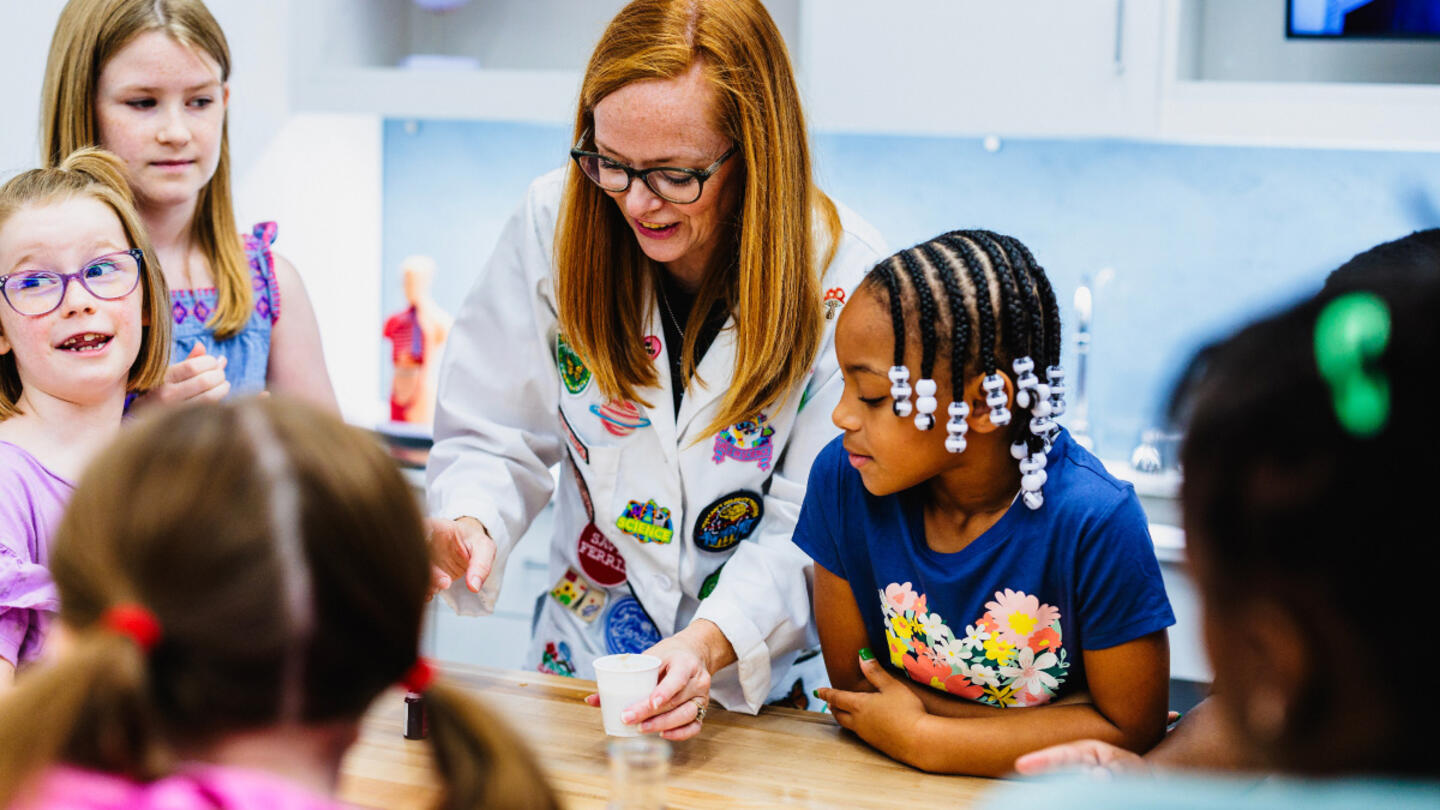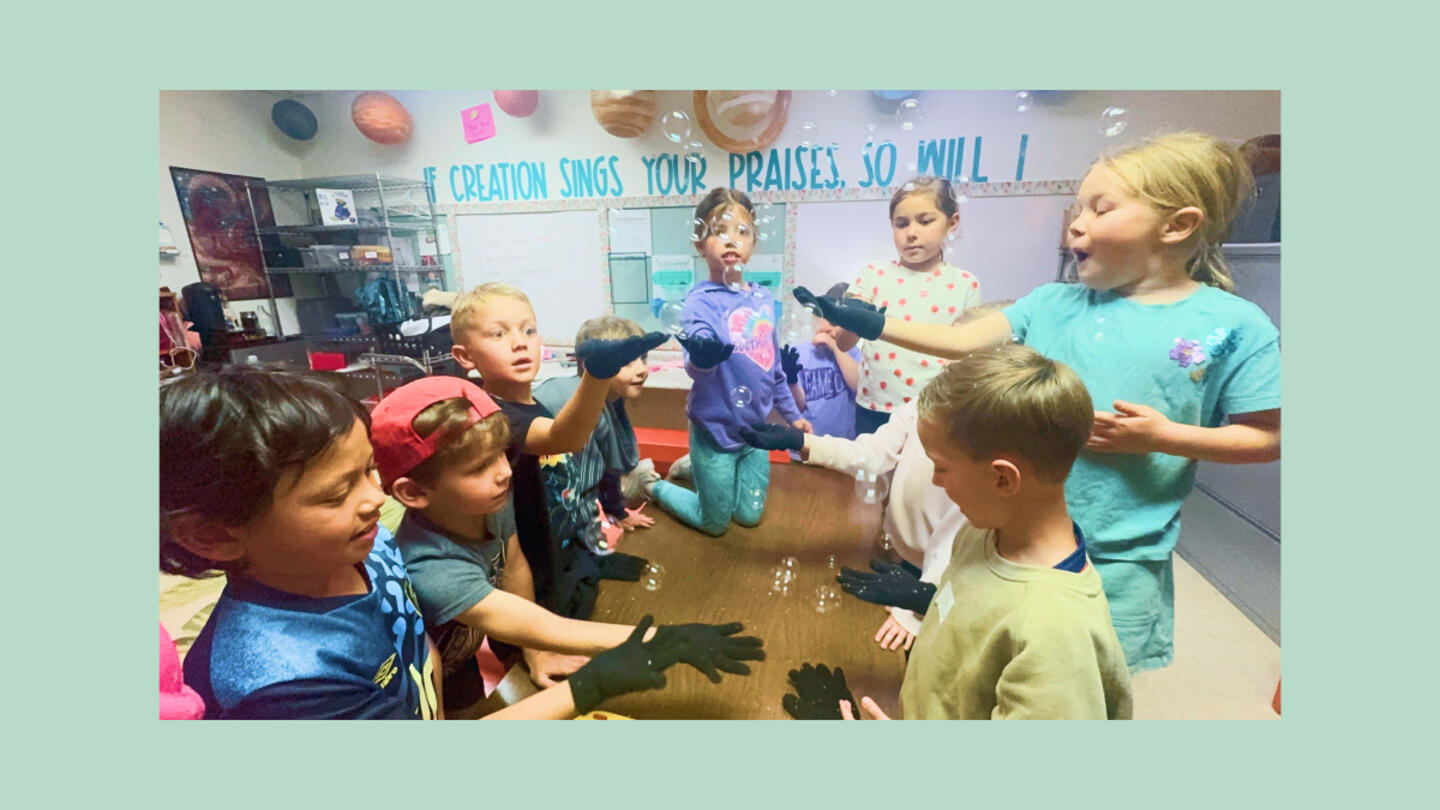This article was originally published by Stand Together Trust.
Has COVID-19 fundamentally changed the discussion in education policy reform? We speak with 50CAN president Derrell Bradford to learn the latest developments in education policy, including school finance, homeschooling, and more.
This conversation has been adapted for length and clarity.
Stand Together Trust: What is 50CAN?
Bradford: 50CAN is a national organization that supports local leaders trying to improve education policy in the states. We currently have about ten education policy efforts, which we call "campaigns," running across the country to bolster grassroots efforts and drive positive change — half in blue states, half in red states.
How does 50CAN decide where to focus its policy education efforts? Did your priorities change during COVID-19?
In the past, we had an annual, extensive planning process to set a range of policy goals in the states. This was in concert with the local leaders we support. Some states would focus on educating policymakers and the public on an issue like teacher diversity, other states would take on school finance reform, and almost every state was working on some element of choice policy. We would identify the greatest opportunities together and at the end of each state's legislative session we would see how many of those initiatives had impact or were ratified. That's how we determined success.
When the COVID-19 pandemic kicked in and schools locked down, we changed our priorities in a profound way. We threw out all our previous goals and focused instead on meeting the needs of kids and families in the moment.
We also knew that some people would use this crisis as an opportunity to eliminate freedom, eliminate data, and eliminate hard-fought wins from prior years. We had to develop a proactive approach to ensure that policymakers and the public understood the issues and why it was important to reject those efforts. We set goals based around defense. We also spent a lot of time asking how we can support positive activity that's already happening in a bottom-up fashion. That's offense.
You focus on school-finance reform. Why?
School finance is fundamentally one policy choice: You decide to fund a monopoly, or to fund a market. And the broader discussion is at that fork in the road right now.
Funding reform is front and center because of a few major developments. Over the last year, families have spent money on lots of different things that are education related, but not as simple as buying a seat in a different school. Past advocacy has been anchored in the argument that, "You should be able to pick your seat, and the money should follow you." That was as complicated as school finance got. But with the emergence of pods and an upswing in the desire to tutor everyone, we're having a very different conversation about funding portability and flexibility. There's been a wonderful evolution in how we talk about choice, pluralism, and diversity of approach that goes beyond where you "sit."
As to why: When you look at the history of housing policy in this country, and I don't say this often, but it's racist; it has explicitly racial roots. And we layered school finance on top of that. And we adopted a system of school assignment based on residence which cemented the whole thing. That paradigm of assigning educational opportunity based on zip code is ultimately unworkable, and shames who we want to be as people and a nation. So, I'm urging people to take this opportunity to move past residence as the primary way to assign people to schools. And that ultimately is a change that requires modernizing school funding.
In addition to school finance, what policy opportunities do you see in the future?
It's important to start with summer. The summer should be an opportunity for kids to connect with whatever they want to connect with. And K-12 systems across the country are awash in money right now because of the American Rescue Plan. So, if you've been inside all year, and you want to get out and play sports, there should be plenty of money to pay for you to do that. If you have enjoyed your time inside and want to be at museums all summer, there should be money for you to do that. If you had a terrible time with virtual school and you need somebody to help you catch up, there should be money to do that. We think the summer is a window of opportunity to offer a broad range of interventions for American families and kids.
We should also "make permanent" some of the things that happened because of the pandemic. So, a permanent tutoring option. A permanent virtual option. We need to do this because, among other reasons, these are great ways to accelerate learning.
We think everyone who wants an in-person option for school should get one, regardless of what school districts want to do. And we should align finance around that. So, if you want an in-person option and your local public school won't give it to you, you can take your money to a parochial school or across a district boundary to get what you want and need.
We favor the emergence of pods and micro-schools; I think they should be a feature of how we think about homeschooling in the future. We shouldn't put them back in a jar because schools may now be open.
Historically, the people who got heckled the most for not going to traditional K-12 schools were homeschoolers. When the pandemic hit, they were suddenly among the most important people in K-12 education. If not for their R&D, there would have been millions of families with no way to assemble some program of learning for their kids. And the polling is out: Lots of families are enjoying homeschooling.
The principle that undergirds all of this is that we want to fund families. We want to do whatever we can to get resources in the hands of families so they can choose the education that works for them.
What have you learned about parent experience during the pandemic?
Well a few states did their best to make sure things weren't disrupted and I commend them. But other than that I see three archetypal experiences. There is the person who listened to reformers talk about school district dysfunction for years and never thought it was that bad. They thought this because they had invested in the right mortgage for a top-rated public school. In the pandemic, that person said, "Oh man, it really is that bad. This institution is not responsive to my needs, I cannot get what I want out of it, my child's learning is not on the list of priorities." That group of people has been fundamentally changed.
The other group is parents who were completely turned off by what they saw being sent home and called "education" for their child. It was a real wake-up call for parents whose children were attending struggling schools. The response was "Wow, your expectations for my kid are really low." Those realities came to the surface in a new way.
And there are folks for whom the relationship between family and school must be rebuilt entirely. Particularly but not exclusively in communities of color, there was an unfortunate affirmation that their kid and their kids' learning is not a priority. This is the hardest to reach group coming out of the pandemic. It's tens of thousands of kids. In Los Angeles, for example, there are tens of thousands of kids that don't log into Zoom, that don't come in. No one knows where they are.
Money from the American Rescue Plan basically wipes away any deficit a school district might have if it loses 10% of its enrollment. Financially, it doesn't matter. The district is still flush. An unintended consequence is that the incentives to reengage those missing families and kids are diminished.
***
Stand Together Trust inspires and invests in social entrepreneurs developing solutions to America's most pressing problems. Read more about our support for social entrepreneurs committed to education.



